Julien James' Emotional and Raw Portraits
8 Share TweetAfter traveling all over the US and South Africa, photographer Julien James finally settled in Washington D.C, along with his cameras. As a self-thought photographer, Julien often refers to his formal background in psychology and design to improve and grow in his art. With film, he slows down, to measure each shot and give it the meaning it deserves. His affinity for people and their stories are reflected in his portraits, and the authenticity and vulnerability his subjects show him. With some Berlin Kino ISO 400 he shot a series of portraits dear to his heart, where the viewers are invited to share an intimate moment with Julien's subjects.

How did you get into photography? Especially analogue photography?
My mother. She gave me my first camera, which happened to be her old Canon Rebel SLR. I still use it to this day; it is one of my most prized possessions.
Where do you usually draw inspiration from?
My inspiration derives from conversations and my curiosity. My curiosity in people and their culture.
Do you mostly shoot portraits?
I take portraits because people are important, and their stories are essential. They are worthy of being documented with great care and intention.
Can you tell us more about this series?
A substantial amount of my work highlights Black men in a different light – highlighting them in an intimate way that shows their depth beyond monolithic stereotypes, perpetuated troupes, and fetishization. So this project entitled "It's Okay" explores Black male masculinity and emotional vulnerability through a series of portraits, and dialogue was no different.
I feel as many men in general, but specifically, Black men in America struggle with being emotionally vulnerable. I think this needs to change, and we need to normalize Black men expressing their emotions, crying, healing, and internally and externally being vulnerable.
So during this project, I interviewed the subject, asking questions designed to peel away masculinity and revealing honest and raw portraits that are reflective of the dialogue.
Why did you decide to shoot this series in this current climate?
It was an “If not now, then when?” decision. Difficult conversations are never easy to start, but there is no time like the present. Especially in today’s climate, much healing is needed and unlearning and relearning to be done.
What does this series mean to you?
This project, to a certain extent, selfishly served as a form of therapy for myself. I recently lost my father in April to complications from a stroke, and I knew I would need to lean on my community of people to heal. It forced me to be emotionally vulnerable and communicate to those around me that I am not okay and that I am struggling.
As a Black male who has been on both sides of the coin regarding having the ability to be emotionally available and vulnerable for myself and others, it was vital for me to use this opportunity to start a conversation and dialogue around pitfalls around masculinity for Black men. I approached this series to explore how we handle trauma, internalize our emotions, deal with societal pressure and troupes, and interact in relationships, both platonic and romantic.
Why do you shoot in black and white?
It adds a level of intimacy, which creates room for the viewer to find their own independent meaning in an image.
How did you get your subject to be comfortable in front of the camera?
Conversation and connection. I tend to dive right into meaningful topics that lead to deep thought. I am always genuinely invested in the person I'm photographing and their story. I believe the actual portrait is captured in the conversation – the photograph is just the result of our exchange.

Will this series be a part of a larger project?
Yes, everything I work on is connected to my broader mission of defining culture and Blackness through portraits, places, and things. This series is a springboard to a more in-depth project that explores Black male masculinity.
To follow more of Julien's work, head to his website, and his Instagram!
written by tamarasaade on 2020-09-28 in #culture #news #people #portraits #portraiture #blm #black-lives-matter #berlin-kino #julien-james




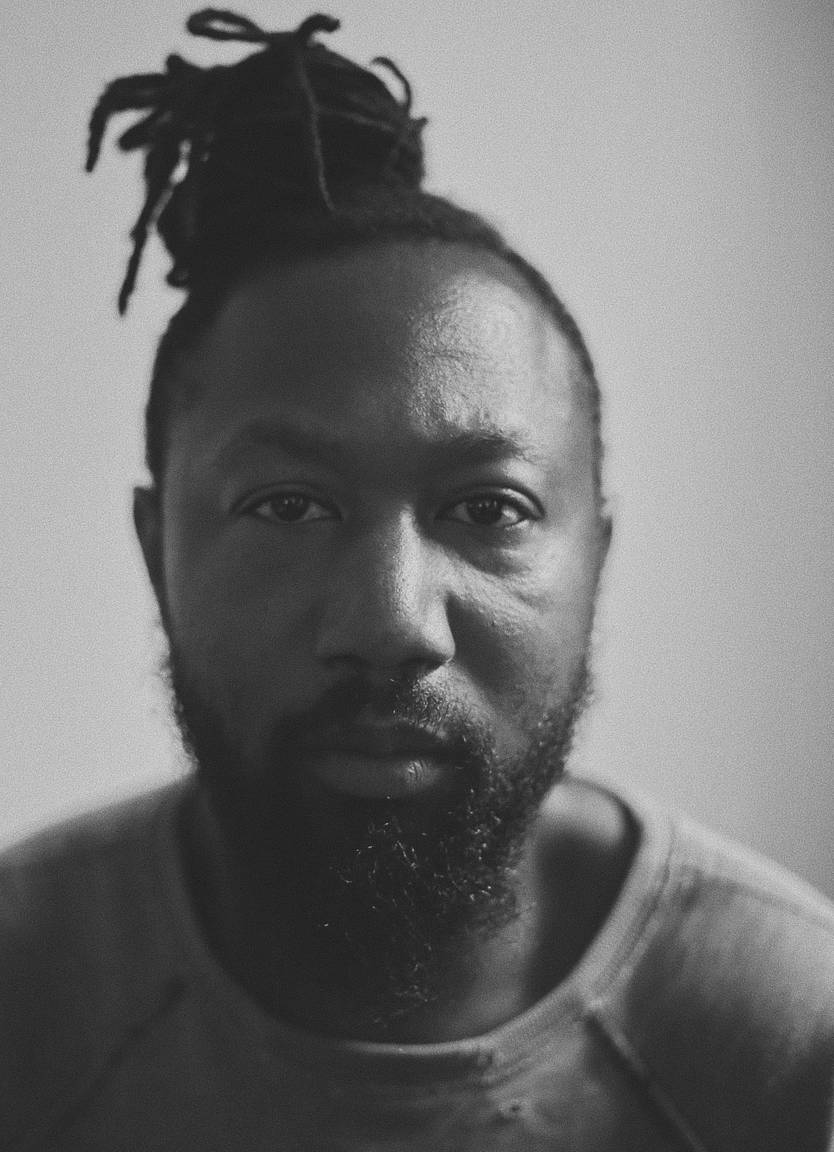

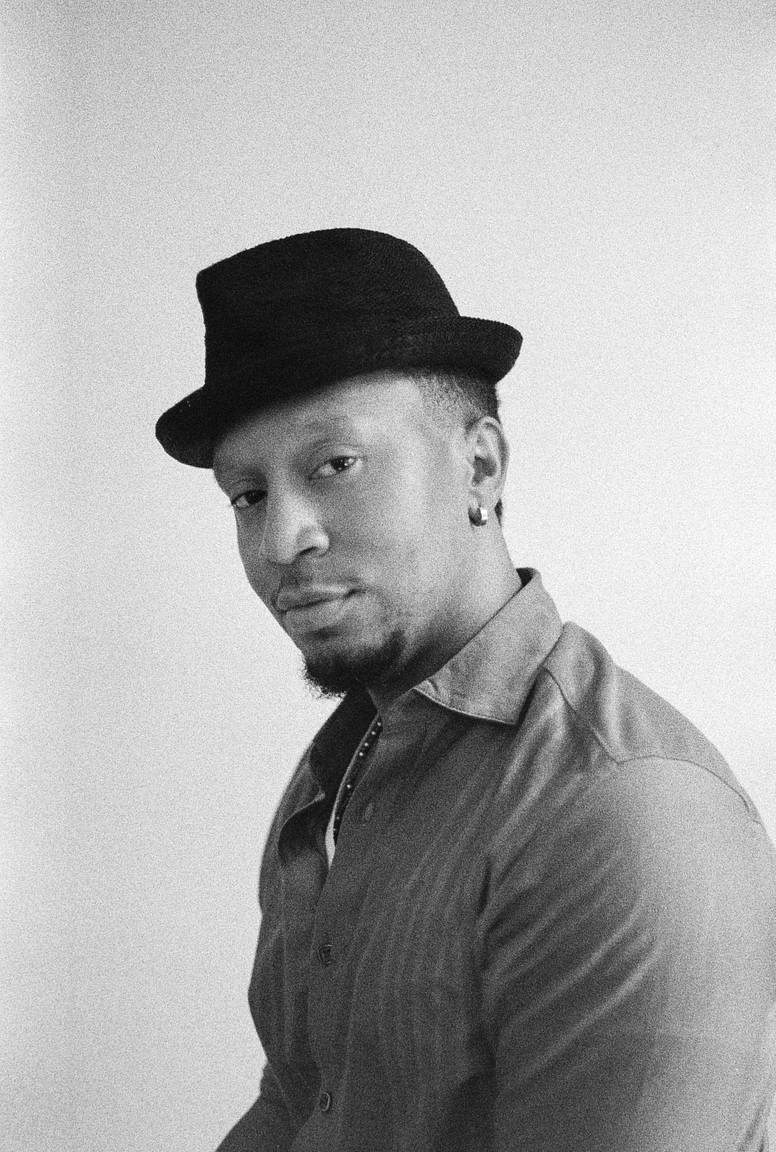

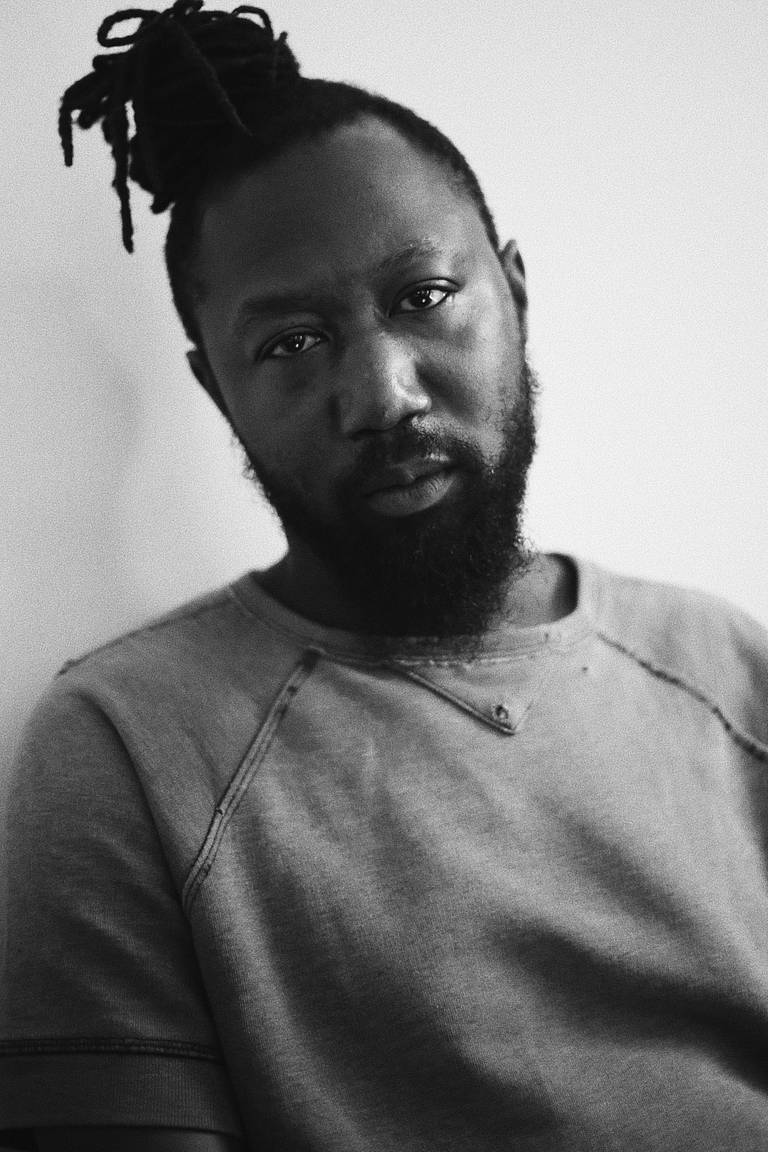
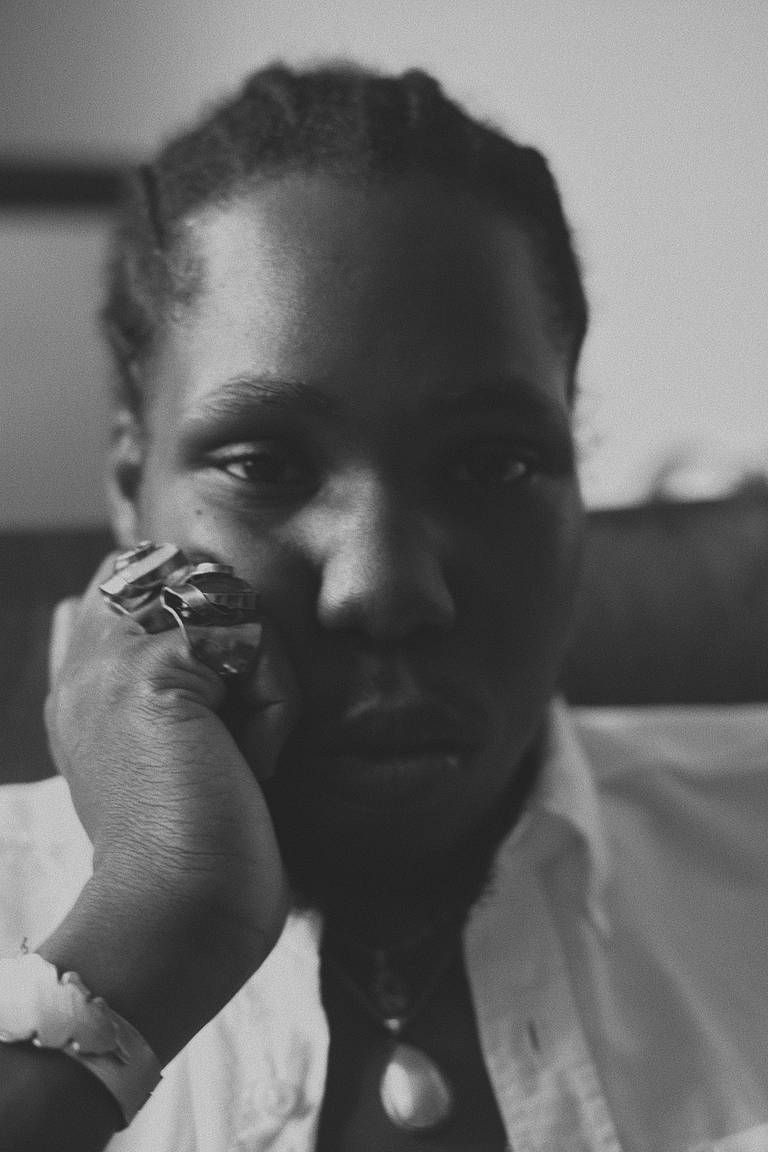


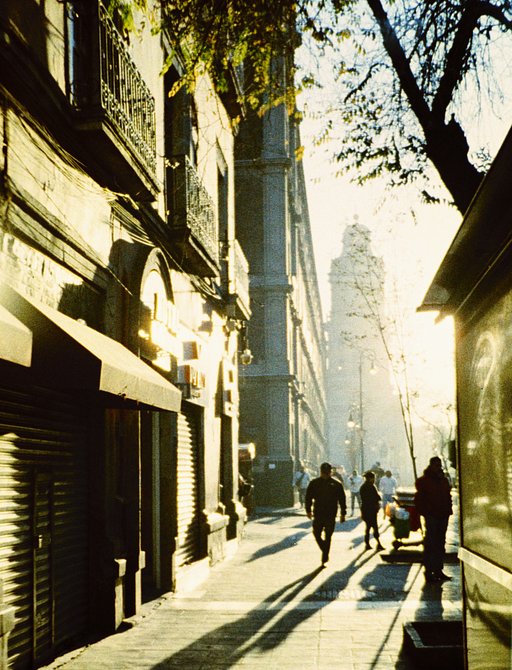







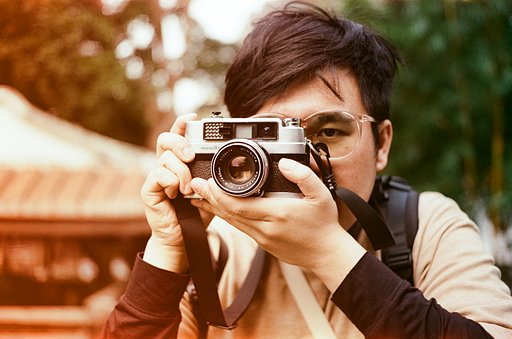



未有留言